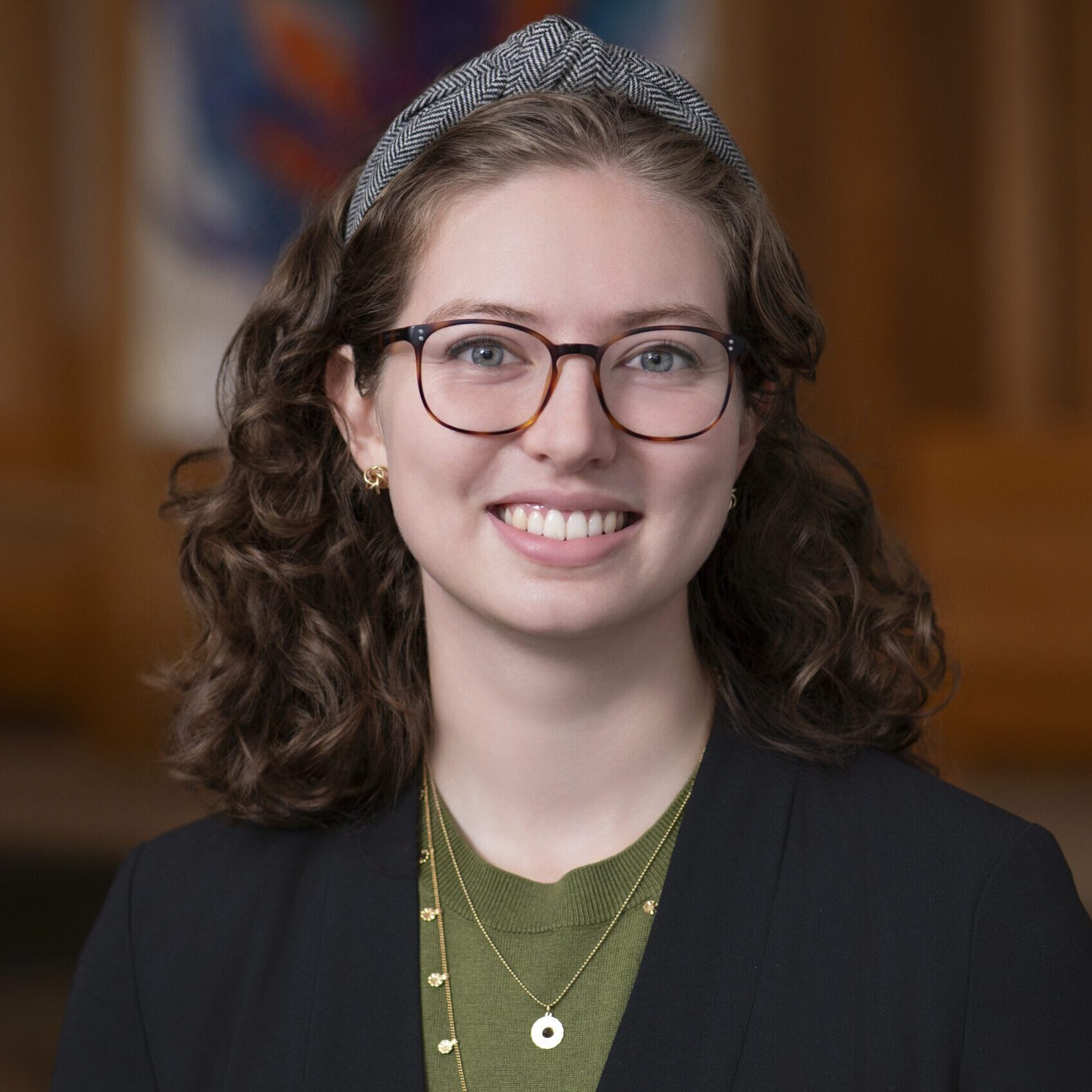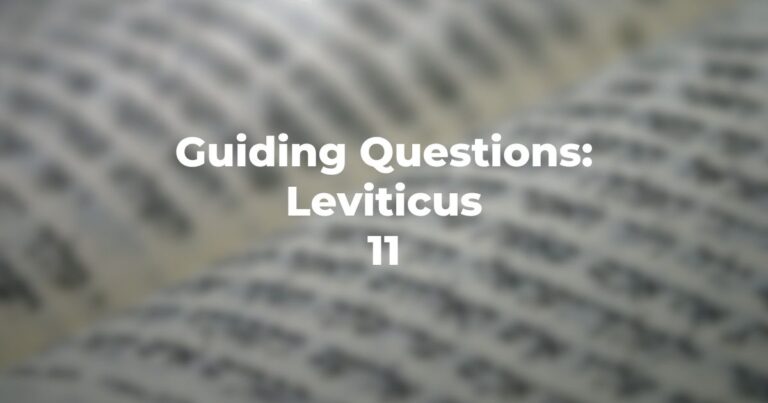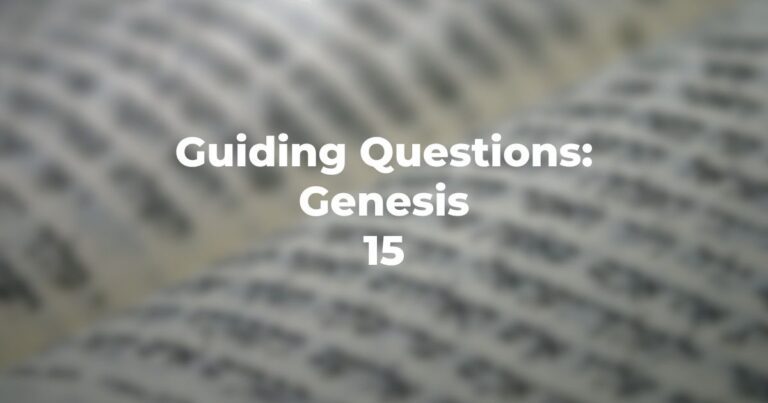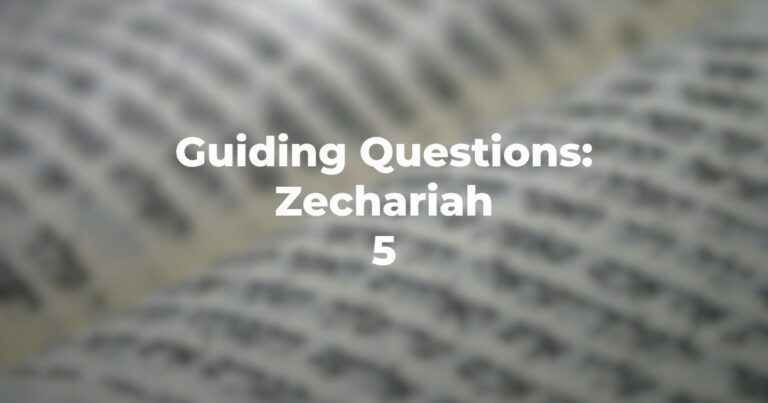Originally given as a senior sermon at JTS.
When a band goes on tour, they usually play the same set of songs, in a similar order, at each performance. Even though artists mostly stick to their setlist, sometimes they add a special song or dedication, one that’s specific to the city, or the audience, or something going on in the world or their own lives.
A few weeks ago, I was at a concert where one of the artists was from Asheville, North Carolina. In the middle of his set, he spoke about the impact of Hurricane Milton on his hometown. He invited us to donate to a trusted relief organization, and he dedicated his next song to his neighbors who were still suffering without electricity and water.
Now, we can go to a concert and have an amazing time, even when the band sticks to their regular setlist. But when the artist builds on the scaffolding of their setlist, and adds a song or dedication that’s unique to the moment, that’s when the experience really comes alive. That is when we feel a deeper connection to the artist, to the music, and to others in the audience
Often, when we pray—when we have an audience with God, or, the godliness within ourselves—it can feel like we’re following a setlist. We sing the same songs and say the same words, over and over. It may be comforting to rely on the structure of the siddur. It gives us a break from worrying about emails and meetings, or the bad news that is constantly on our feeds.
But simply following our liturgical setlist doesn’t usually lead to a deeper relationship with God. Deeper engagement would mean approaching prayer and God with the anxieties, frustrations, and joys that are on our hearts. It would mean sharing ourselves honestly with the subject of our prayers, the atah, when we say Baruch Atah.
In Parshat Vayera, our patriarch Abraham does just this. He deepens his relationship with God not by following a setlist, but by communicating honestly and intentionally with God.
God has decided to destroy the cities of s’dom v’ammorah. God shares this plan with Abraham, but Abraham is not comfortable with it. The TorahRefers to the first five books of the Hebrew Bible, the Tanakh, also called the Five Books of Moses, Pentateuch or the Hebrew equivalent, Humash. This is also called the Written Torah. The term may also refer to teachings that expound on Jewish tradition. Read more (Genesis 18:23) tells us,
וַיִּגַּשׁ אַבְרָהָם וַיֹּאמַר הַאַף תִּסְפֶּה צַדִּיק עִם־רָשָׁע
Abraham came forward and said, “Will You sweep away the innocent along with the guilty?”
Vayigash Avraham vayomar: ha’af tispeh tzadik im rashah?
In the MidrashThis word is used in two ways, as both a concept and a literature. As a concept, midrash is the expansive interpretation of biblical texts. The term is used to describe the practice of rabbinic interpretation. As a text, it refers to specific collections of interpretations, particularly from the third to ninth centuries in the Land of Israel and Babylonia. Plural: Midrashim
Read more of Bereshit Rabbah, the rabbis discuss the meaning of the word vayigash. Rabbi Nehemiah says that vayigash is the act of piyus, appeasement or persuasion. This same verb describes Joseph’s brother Judah approaching and humbling himself before Joseph in Egypt. Other rabbis say, vayigash refers to tefillah – pleading and praying; this word also describes Elijah the prophet when he approaches God and pleads for a sign of God’s truth and power. And Rabbi Yehuda says, vayigash means an approach to do milchamah, battle. This verb is used to describe a war in the days of King David.
According to the midrash (Bereshit Rabbah 49:8): “Abraham said: ‘If [this conversation] entails appeasement, I am coming; if it entails prayer, I am coming; if it entails battle, I am coming.’” Abraham knew that his conversation with God might require him to speak in a variety of ways, to communicate a variety of needs or emotions. And he was prepared to do any, or all, three.
I’m impressed, and a bit jealous of Abraham. I rarely feel like my own communication with God is so varied or intentional. It’s strange though, because I, like most everyone, do engage in those three modes of communication in my everyday life. I appease, I plead, I challenge, but it doesn’t often feel easy to incorporate these modes in tefillah.
Out of those three aspects of vayigash, the one I feel most naturally during tefillah is the one that means pleading or praying. This fall, I led High Holidays services for the first time. As I chanted the Hineni prayer on Rosh Hashanah, the words I was saying resonated strongly with me. I chanted:
הֱיֵה נָא מַצְלִֽיחַ דַּרְכִּי
Please, help me succeed in the mission which I have undertaken to stand before You.
Heyeh na matzliah darki…
This year, the words helped me access and articulate my emotional state. I really wanted to do a good job, to lead the community through a holy experience. When the time came to lead, I just had to plead that my preparation, instincts, and the holiness of the day would help me guide the community through a meaningful and enjoyable service.
Appeasement, or persuasion, is also a mode of communication familiar to me, but not one I often feel during prayer. The rabbis understand this mode of piyus to be an emphasis of the supplicant’s humble status, in contrast to the greatness of the other person, to sway them in your favor.
I used to attend a poetry festival in New Jersey. For four days, I would go to panels and readings of poets who ranged from professors to poet laureates. The panels often ended with audience Q&A. Most of the audience “questions” began with the attendee telling the poet how much they admired the poet’s work, or their outlook on life and art. And only then, after emphasizing the poet’s great impact, would we get to the question.
We feel this instinct, when we meet public figures whom we admire, to tell them how much they mean to us. It feels like we get to be in a relationship with them, even briefly, when we share how they’ve impacted our lives, providing context for whatever we say next.
Our liturgy might help us access this path to connection with God. Much of our service emphasizes God’s greatness as Creator of the world and the Jewish people. Prayer could be an opportunity to have a sort of audience Q&A with God. We could build on the words already in our siddur to share how God has touched our lives—and then to ask to know more, to be in closer relationship.
Finally, the third rabbinic understanding of vayigash is related to battle, to combat and conflict. Abraham approaches God with what we might call “fighting words”. Abraham challenges God, saying that a truly just God would not wipe out any righteous people, even along with a majority of wicked people. Rabbi Yehuda understands these harsh words as akin to battle.
This is the aspect of prayer which feels most surprising and difficult. I’ve personally never been in a physical fight, or even a battle of wits on social media. Conflict can be dangerous and lead to estrangement or other unwanted consequences. Our Torah even includes many stories of people challenging God and being punished for it.
But when Abraham approaches God with fighting words, God listens. It seems as if God wants Abraham to offer a challenge, since God decided to share the plan with Abraham in the first place.
This God, the God of Abraham also welcomes our challenges, our own indignations at what’s happening in the world. Although conflict can be scary, sometimes we have to air our grievances with friends and family, so that we can come to a healthy resolution and continue to be friends and family! God welcomes this kind of conflict, when it comes from a desire to remain in relationship with God, and to continue to hold onto Jewish tradition.
Going back to our Bereshit Rabbah midrash, the rabbis didn’t identify all the times the verb vayigash is used in TanakhAn acronym for the name of the Hebrew Bible: Torah, Neviim, and Ketuvim. Read more. I want to bring our attention to one more instance. This verb is used by Joseph in Egypt, as he prepares to reveal his true identity to his brothers. Joseph says (Genesis 45:4),
וַיֹּאמֶר יוֹסֵף אֶל־אֶחָיו גְּשׁוּ־נָא אֵלַי — וַיִּגָּשׁוּ
“Come forward to me.” And when the brothers came forward, he said, “‘”I am your brother Joseph …”
Vayomer Yosef el-echav “g’shu na” vayigashu
G’shu-na is an invitation from Joseph to his brothers to come close. And when they do, Joseph is able to show them his true self. Perhaps this is the overall meaning of vayigash, of an approach—coming closer for the sake of an authentic relationship, where each party shows up as who they really are.
Prayer is God’s constant invitation to approach. It is an opportunity to deepen our relationships with God and with ourselves, by sharing how we are really feeling— whether that’s angry or excited or hopeful, overflowing or drained. The siddur gives us a setlist, and then it is up to each of us to bring the words to life, and specifically, to our lives.
So, may we accept God’s invitation of G’shu Na, of authentic approach. And may we, like Abraham, be able to say: whatever today’s conversation with God entails, I am coming.
Author
-

Claire Shoyer is a fifth-year rabbinical student at JTS pursuing her MA in Midrash. Claire is excited to accompany Jews and their loved ones through their lives, from daily life to milestones, and helping people to make meaning of a wide range of Jewish texts and traditions. She has served as rabbinic intern and High Holiday leader on several college campuses, and she is in her second year as the rabbinic intern at the Westchester Jewish Center. She is a trained Mikveh guide and recently became the first woman to receive certification for the kosher slaughter of fowl and cattle.
View all posts






